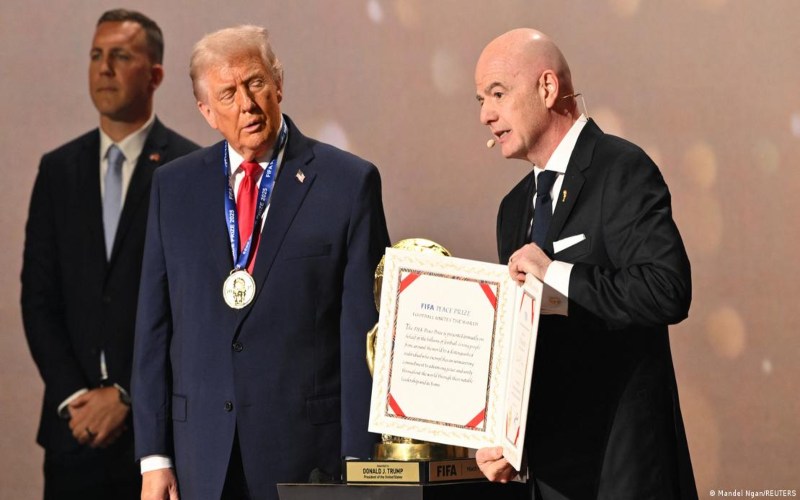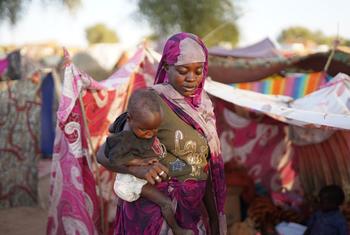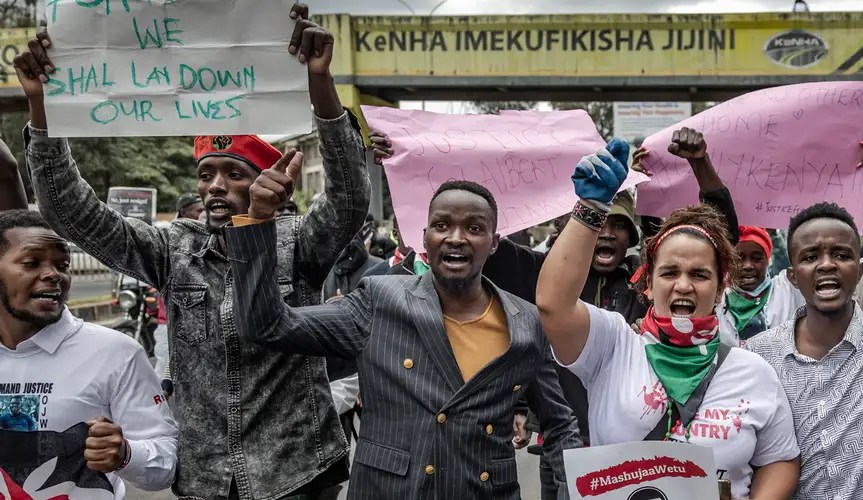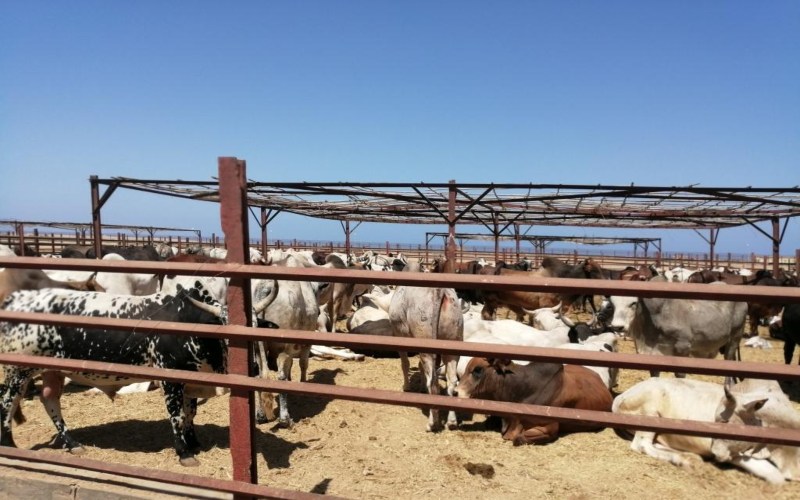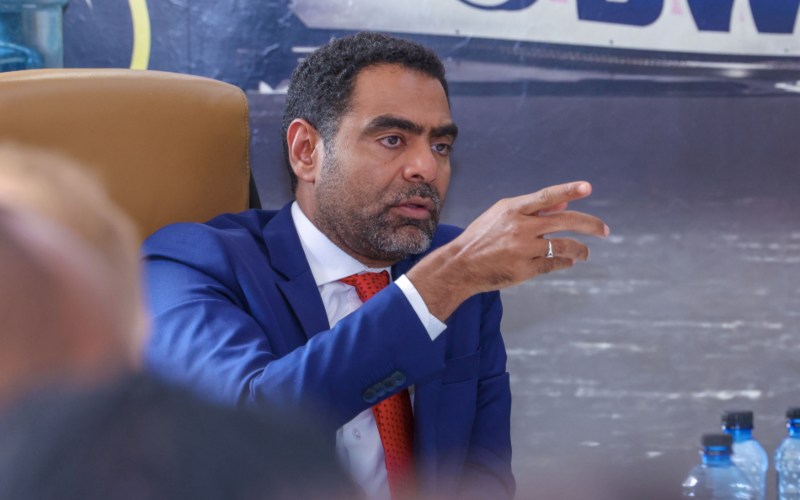Uhuru blames Tshisekedi’s lack of political will for DRC peace talks disruptions
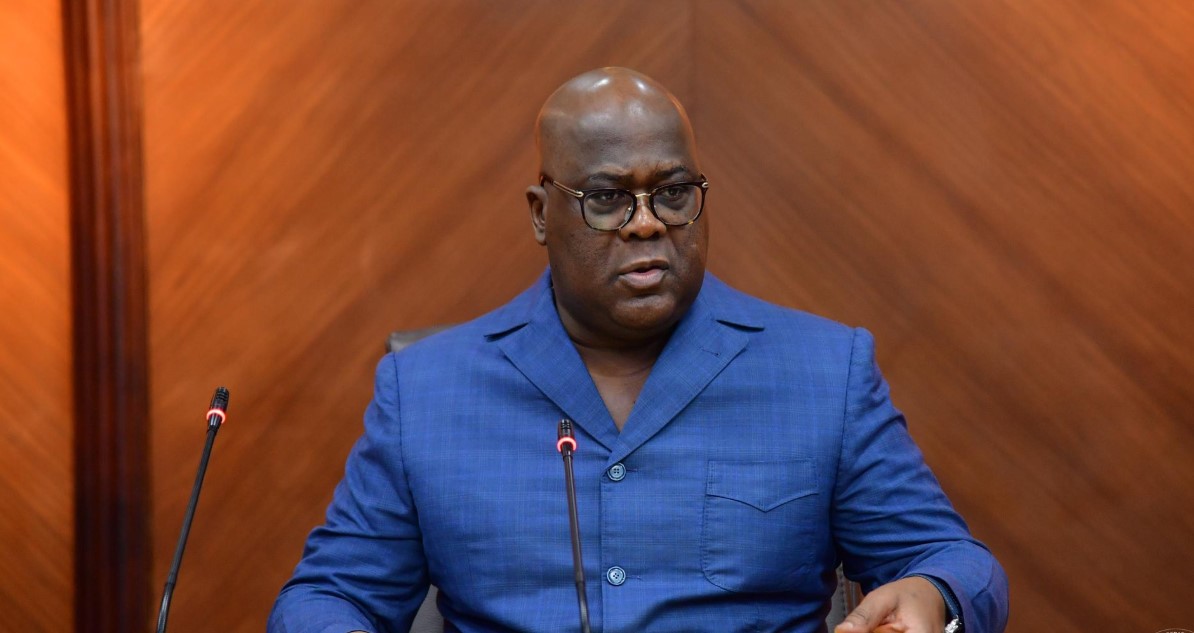
A comprehensive report on the status of the process has since been submitted to the African Union, EAC and the SADC secretariats ahead of their joint meeting in Arusha.
Former Kenyan President Uhuru Kenyatta, the facilitator of the East African Community-led Nairobi Peace Process on Thursday took a swipe at Democratic Republic of Congo (DRC) President Felix Tshisekedi for the disruptions and deceleration of the intra-Congolese peace talks that were meant to facilitate a resolution of the internal conflict in eastern DRC.
In a press statement read by his spokesperson Kanze Dena, the former president recalled that despite having held Nairobi 1, 2 and 3 rounds of talks, the fourth intra-Congolese dialogue conference that was slated to be held in North Kivu and South Kivu failed to kick off in June 2023 due to heightened campaigns ahead of the elections in December that year.
More To Read
- Bloody clash leaves 30 dead, 20 injured as army, pro-government militia clash in eastern DR Congo
- Wetang'ula warns EAC arrests over travel documents threaten regional integration
- Scepticism grows over DR Congo-Rwanda peace deal
- African leaders hail historic peace agreement between Rwanda and DRC
- OPINION: Before pointing at Rwanda, Belgium must finally confront its own African history
- EAC and AGRA rally young entrepreneurs to transform regional food systems
"This shift resulted in the slowing down of the Nairobi Peace Process. Unfortunately, at the same time, a political impasse resulted in the withdrawal of Kenyan forces from the EACRF (East African Community Regional Force). The suspension disrupted the momentum of the peace process, leading to a slowing down of the peace negotiations, and a breakdown in military cooperation and ultimately a resurgence in fighting in the region," he said.
The EAC facilitator added that despite efforts to maintain dialogue, including consultations between him, President Tshisekedi and the M23 leadership; the political and security landscape in the DRC became increasingly unstable and even after the elections were done, the political will needed to resume talks was lacking.
"Following the December 2023 elections in the DRC, the formation of a new government delayed the resumption of the Nairobi Process. While engagements with key stakeholders continued, the lack of political momentum coupled with renewed hostilities in North Kivu and South Kivu, has significantly undermined the progress made in 2022-2023. The M23, once subject to a ceasefire agreement, has now regained control over key towns, including Goma, and fighting has once again escalated across the region," the former President said.
He, however, reiterated that though the peace process was temporarily side-lined, it remains a critical framework for dialogue and conflict resolution in the eastern DRC, alongside the Luanda Process.
The Luanda Process was focused on ending the hostility between DRC and its neighbour Rwanda, whom it accuses of sponsoring the M23 which has long been blamed for wreaking havoc in the country's eastern region.
Nairobi Process
The Nairobi Process was launched in April 2022 to resolve the internal conflict in the DRC through engagement with stakeholders including the government, armed groups, civil society organisations and the international community through dialogue and negotiation.
It made progress through June 2023 conducting extensive diplomatic engagements, meeting warring parties including the M23, stakeholders including civil rights and women groups as well as military stakeholders across the region to resolve tensions and identify pathways to peace.
"These efforts, supported by the EACRF, UN and MONUSCO led to a noticeable reduction in hostilities, a return of displaced persons and significant withdrawals by armed groups from strategic areas in North Kivu," the former president noted.
With Goma now in the hands of M23, who Wednesday announced their appointed leaders for North Kivu Province, Kenyatta said he remains committed to "finding pathways for peace" in collaboration with the government of DRC, regional partners and international stakeholders.
"There is an African solution to this African problem, and it is predicated on bringing both DRC and Rwanda back to the negotiating table while at the same time ensuring that the internal dynamics of people and politics in the eastern DRC are managed and directed to a path of peace and reconciliation through the Intra-Congolese Dialogue process," he said.
While most diplomatic statements on the situation in eastern DRC have called for the resumption of the two complementary and interdependent talks, Rwandan President Paul Kagame faulted the two processes during the EAC heads of state emergency meeting held last week over the escalating situation in Eastern DRC.
"The processes became an end unto themselves, and the people leading them became more important than the results of the processes. The Nairobi process became a Uhuru process then the Luanda process is like you can't say anything that will displease President Lourenco. Definitely, this does not help deal with such serious matters are we are faced with today," said Kagame.
A comprehensive report on the status of the process has since been submitted to the African Union, EAC and the SADC secretariats ahead of their joint meeting in Arusha tomorrow (Friday).
Top Stories Today



